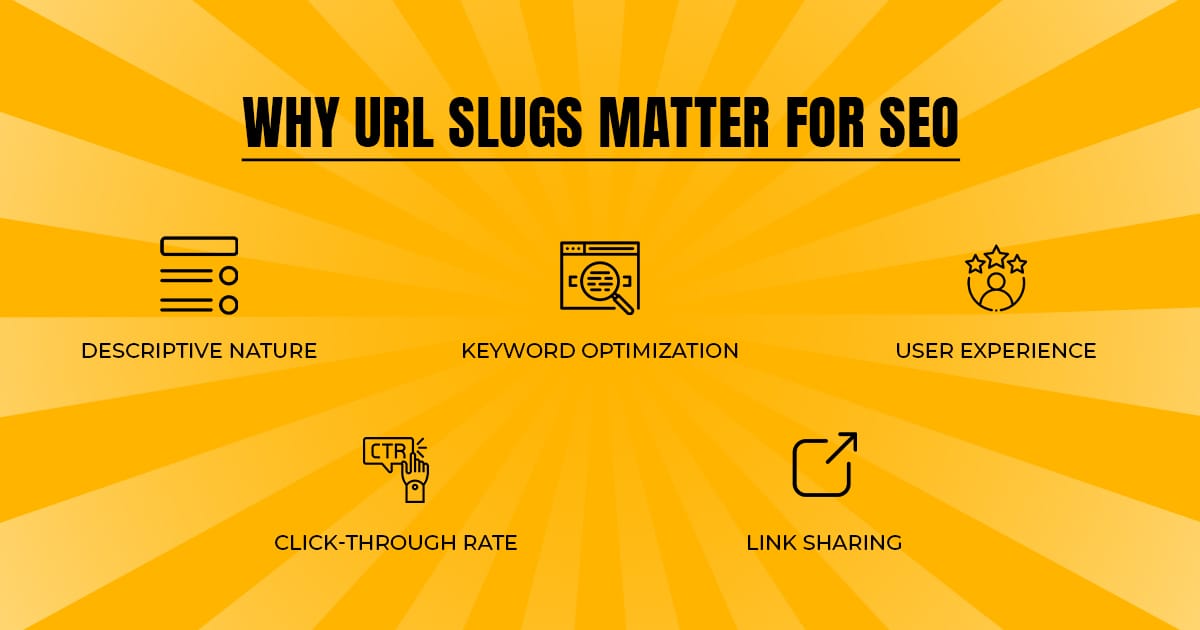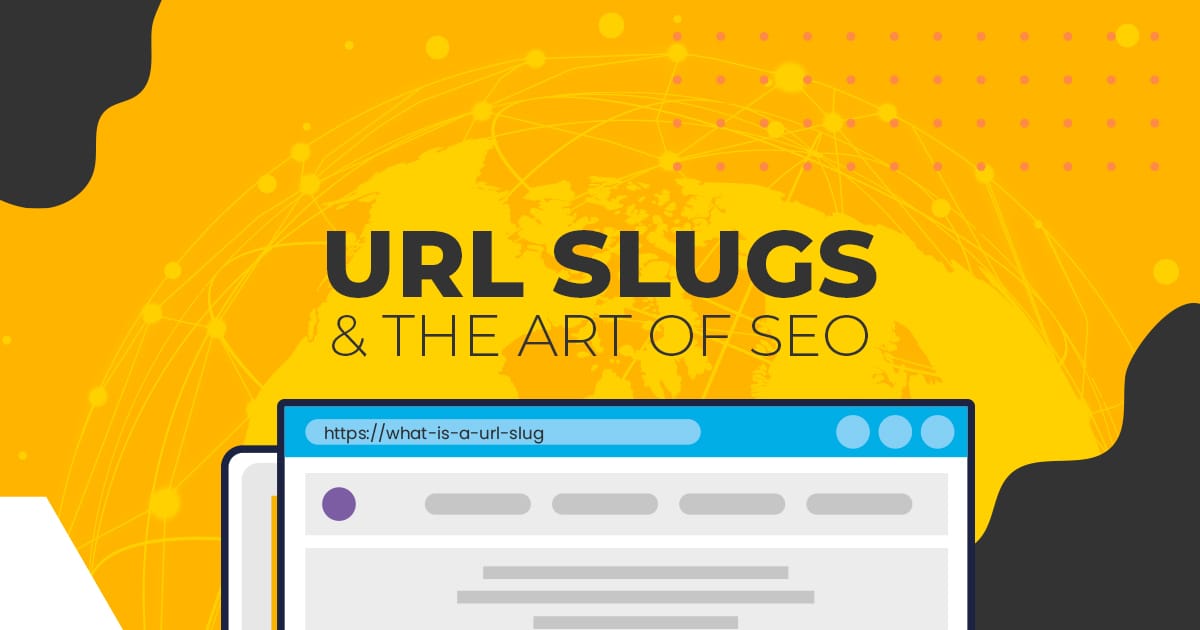SEO is a vast spectrum and this is not a technical thing that is only relying on data. SEO is a skill and it needs everything from content to data and tricks. At Gr8 Brews, as a SEO agency in Kolkata we work on SEO for various brands so we understand it needs research, rethinking and regularity. Website optimisation strengthens the foundation of SEO, and URLs are the backbone of websites that Google reads and crawls. One often-overlooked aspect of search engine optimization (SEO) is the URL slug. A well-crafted URL slug not only informs users about the content but also plays a critical role in enhancing visibility in search engines. Let’s explore the importance of URL slugs, their impact on SEO, and how Gr8 Brews seamlessly integrates them as an SEO secret:
What is a URL Slug?
A URL slug is the part of a URL that comes after the domain name and typically represents the specific page’s content. For example, in the URL https://www.example.com/how-to-optimize-url-slugs, the slug is how-to-optimise-url-slugs. It’s essentially a readable and descriptive segment that gives users and search engines insight into what the page is about.

Why URL Slugs Matter for SEO?
- Descriptive Nature: A well-crafted slug provides clear context about the page’s content, making it easier for users and search engines to understand what to expect. For instance, a slug like best-marketing-strategies is more informative than a random string of numbers or letters.
- Keyword Optimization: Including relevant keywords in your URL slug can enhance your chances of ranking higher in search engine results. According to recent studies, URLs that contain keywords are 45% more likely to rank on the first page of Google. For example, a blog post with a slug like top-10-digital-marketing-trends is more likely to attract both readers and search engines.
- User Experience: Short, concise, and meaningful URL slugs are more user-friendly. They are easier to read, remember, and share. A study by Backlinko found that shorter URLs tend to rank higher on Google. In fact, the average length of a top-ranking URL is about 43 characters.
- Click-Through Rate (CTR): A descriptive and well-structured URL can positively influence your CTR. When users see a clear and relevant slug in search results, they are more likely to click on it. Studies indicate that URLs with keywords receive up to 60% more shares than those without. By optimising slugs, you not only improve rankings but also increase user engagement.
- Link Sharing: Clean and concise URL slugs are more likely to be shared on social media and other platforms. Research from Ahrefs suggests that URLs with keywords get 60% more shares. By focusing on optimising slugs, brands can enhance their content’s reach and visibility.
Best Practices for URL Slugs Employed by Gr8 Brews
As a SEO agency, at Gr8 Brews, we adhere to several best practices to create effective URL slugs:
1. Keep It Short and Crisp
We aim for slug lengths of 3-5 words. While there’s no strict rule, shorter slugs tend to perform better. A succinct URL like https://www.gr8brews.com/best-marketing-strategies is much more effective than https://www.gr8brews.com/12345-best-products-for-marketing-lovers.
2. Use Hyphens to Separate Words
We always use hyphens as word separators in our slugs. This practice enhances readability and helps search engines understand the content better. Instead of using underscores or concatenated words, we prefer best-marketing-practices over bestmarketingpractices.
3. Avoid Special Characters and Stop Words
Special characters and stop words can make URLs cluttered and difficult to read. We focus on relevant keywords, opting for slugs like https://www.gr8brews.com/best-marketing-strategies instead of https://www.gr8brews.com/the-best-marketing-practices-with-strategies.
4. Incorporate Keywords
We strategically include target keywords in our slugs while avoiding keyword stuffing. For example, if we write about coffee beans, a slug like top-digital-marketing-trends-2024 effectively targets search queries.
5. Be Consistent
Maintaining a consistent format for our slugs is key. By using lowercase letters and hyphens, we improve user experience and help search engines understand our site’s structure.
6. Use Canonical Tags
When necessary, we implement canonical tags for similar content. This practice prevents duplicate content issues, which can hinder our SEO efforts.
Examples of Effective URL Slugs
Let’s take a look at some examples of our effective URL slugs:
1. Good Example:
- URL: https://www.gr8brews.com/top-marketing-tips
- Why it Works: This slug clearly indicates the content (top marketing tips) and includes relevant keywords.
2. Bad Example:
- URL: https://www.gr8brews.com/tips123456
- Why it Doesn’t Work: This slug lacks context, making it unappealing to users and search engines alike.
3. Good Example:
- URL: https://www.gr8brews.com/best-digital-marketing-2024
- Why it Works: It’s concise, descriptive, and includes a target keyword likely to attract search engine traffic.
4. Bad Example:
- URL: https://www.gr8brews.com/category/12345/
- Why it Doesn’t Work: This slug provides no clarity regarding the content.
Data-Driven Insights
Recent research from SEMrush indicates that websites with well-optimised URL slugs, not only rank higher but also see up to a 30% increase in organic traffic compared to those with poorly structured URLs. By implementing URL slugs as part of our overall SEO strategy, we have witnessed significant improvements in user engagement metrics.
SEO is a complex craft that requires skill, depth, and precision, ultimately determining your visibility in a crowded online space! Are you finding it hard to get noticed? Explore Gr8 Brews’ SEO services in Kolkata, designed not only to boost your rankings on Google SERPs but also to enhance engagement and return on investment. Ready to maximise your investment? Get in touch with us, and let’s chat over a hot brew!





